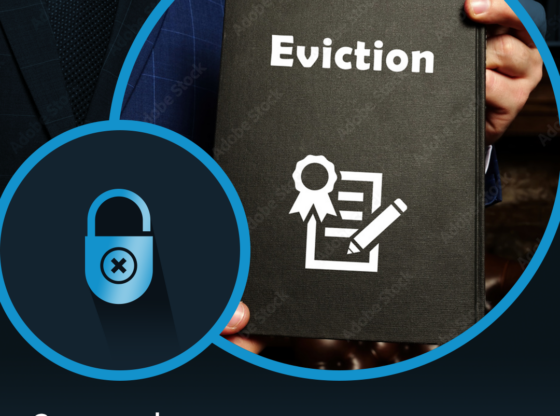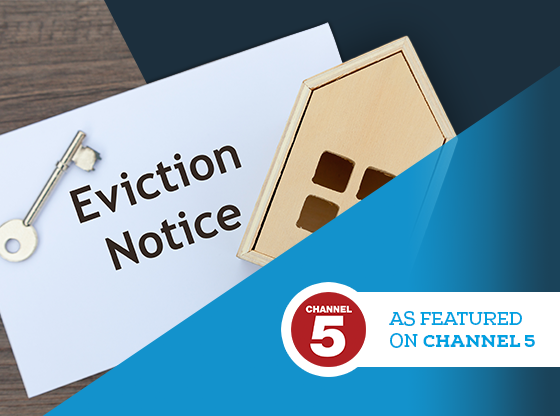Suspension of Evictions
Landlords will now face even longer waits than normal to evict tenants in London after two large landlords were advised that the County Court Bailiff operations are to be suspended for the ‘foreseeable future’. The suspension of evictions has come as a surprise given that the wait times for a County Court bailiff to complete an eviction are already lengthy, particularly in London.
The average time from starting a claim to repossession under a warrant of possession by County Court bailiffs has been falling over the last 12 months (37.1 weeks for January to March 2023, according to the Ministry of Justice report published on 18th May 2023).
However, it will now take even longer for County Court bailiffs to enforce warrants for possession (carry out evictions).
The largest court in London, the Central London Court, has sent an email warning that bailiff appointments have been suspended for the “foreseeable future”.
Health and safety concerns
The HM Courts and Tribunal have confirmed that the reason for the suspension is health and safety reasons, relating to personal protection equipment (PPE). An HM Courts and Tribunals spokesperson commented that “The safety of all bailiffs is of paramount importance. We are sourcing bespoke Personal Protective Equipment to ensure that all evictions can go ahead safely and securely.”
The spokesperson also added that:
- Following work with the bailiffs on Risk Training, it became apparent that some bailiffs did not have their own bespoke PPE. This equipment is now being urgently sourced
- We have effective health and safety risk monitoring systems, which are regularly reviewed, particularly in relation to sensitive activity such as the work of county court bailiffs
- Guidance is in place to continue critical services in the interim
According to several landlord websites, one bailiff has reported an 80% reduction in case load already and another is running a “skeleton” service.
High Court alternative option
Using a High Court Enforcement Officer (HCEO) remains to be fast alternative in most cases to using County Court enforcement to evict tenants from residential properties. It should be noted that High Court enforcement is more expensive than County Court enforcement.
Permission is required from the County Court to transfer the possession order to the High Court to obtain a writ of possession. This is requested under Section 42 of the County Courts Act 1984. This means that if the County Court do not grant permission to transfer the Possession Order to the High Court for enforcement, the landlord cannot use High Court enforcement.
Where a possession order has been made against trespassers, then High Court enforcement is an automatic right, and the order does not need to state that permission is given to transfer the order to the High Court.
It is important to properly plead the request for permission to use High Court enforcement either in the pleadings, or by a separate application notice.
* The Ministry of Justice data published on 18th May 2023 shows that the average time between obtaining the order and obtaining the warrant is 20 weeks.
If you require advice, or assistance with evicting a tenant, you can contact our team, or complete our online enquiry and a member of our team will be in touch.











